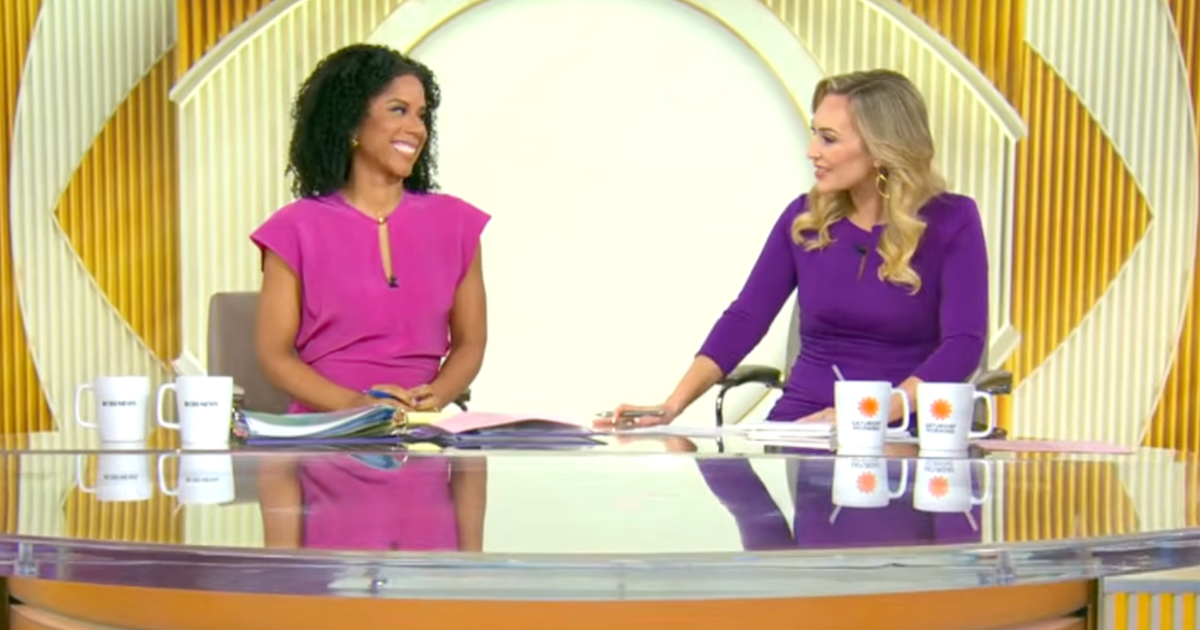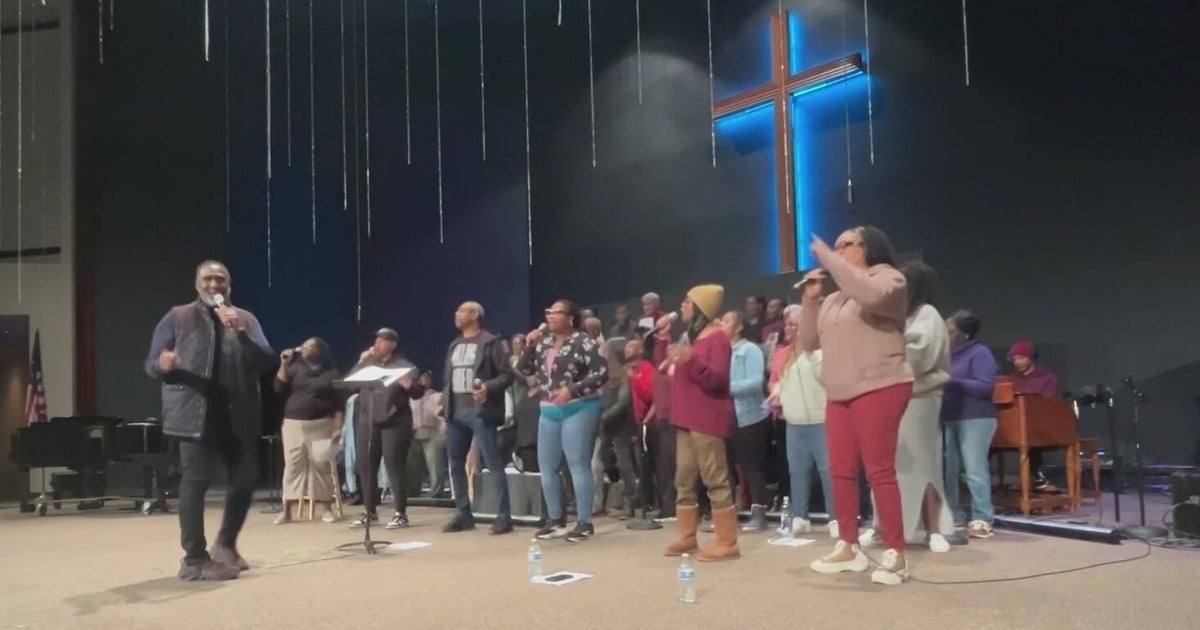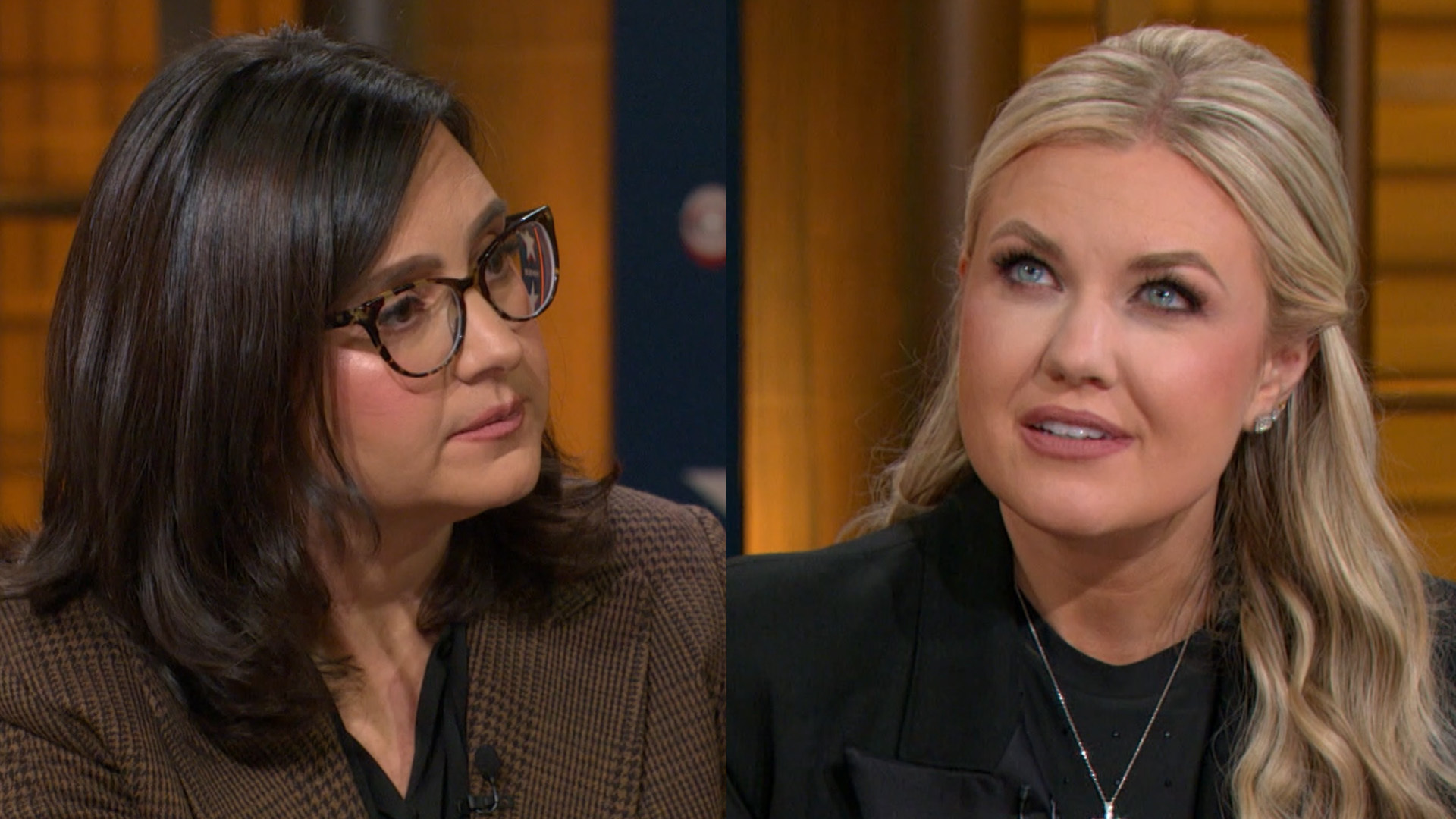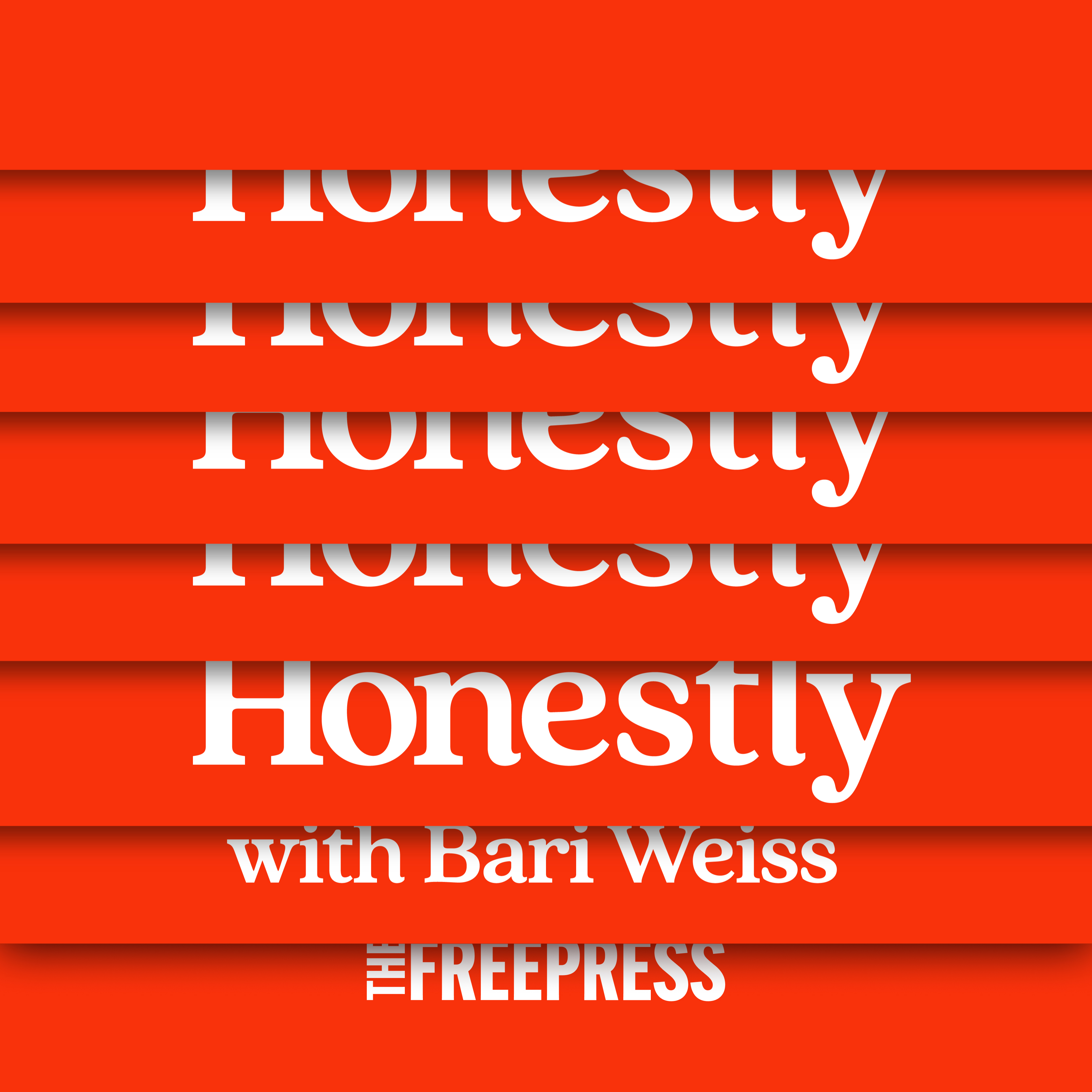Vince Gill, Maren Morris, Ryan Hurd and Rissi Palmer open up about the state of country music
Country music's biggest stars, Maren Morris and Luke Combs, will have a conversation at the Country Radio Seminar Wednesday about how artists have a responsibility to help open up the genre to diverse voices and make changes for the better. The industry has long avoided uncomfortable questions about its history and diversity.
"I think most people perceive that country music is extremely conservative, and I'm not sure that's true. I think maybe the audience might be predominantly conservative. I don't know that the artistry is. I don't know that the community is. So there's a rub in there," country singer and songwriter Vince Gill told "CBS This Morning" co-host Anthony Mason.
Gill is one of the most distinguished country artists with 21 Grammy awards, the most of any male country artist. He said he was nervous and hesitant to speak out initially, but it is something that country artists should do more.
Country music itself is at a critical point after the industry's rebuke of Morgan Wallen, who was suspended by his record label after a video surfaced showed him shouting a racial slur. Wallen was suspended from his recording contract with Big Loud Records, and his music was removed from radio and streaming services.
"It was just sad, you know. It was just disappointing because I knew that everybody was gonna, you know, massacre country music...in white America when they make the argument, 'Well, I hear it in rap music all the time. I hear it in da-da-da-da-da,' I go, 'Have you not been payin' attention to the last three or four hundred years, how that word has been used by the white community?' It's a derogatory, just dismissive and hurtful...it doesn't have a place," Gill said to Mason.
Despite the backlash, Morgan Wallen's album remains number one on the Billboard 200 chart for a fifth straight week. Wallen is the latest White man to rule the country charts. According to a study done by The Annenberg Inclusion Initiative and the University of Southern California, between 2014-2018, 84% of artists on Billboard's year-end country chart were men.
"Women in country music could make the same claim to some degree that Black artists could, that they haven't been made to feel welcome," Gill said.
When pressed by Mason for why it is so hard for artists of color and women to break into the industry, Gill said he's not sure why.
"I wish I knew, you know, because I'm someone that adores what they do, you know? And I think we would be better for it," Gill said.
Morris is one of the too few women to break through and find big mainstream country success. Recently Morris has been vocal about social justice issues.
"I think the only way we can really move forward is by deconstructing our view of what the genre is built on. And acknowledging the fact that at its roots is racism and cultural appropriation....and completely destroying that mentality going forward," she said,
Morris and her husband, singer-songwriter Ryan Hurd, were quick to condemn Morgan Wallen, who recorded Hurd's song "Heartless."
"I don't wanna seem like we're piling on Morgan, but there's no place for that word," Hurd said.
"Morgan is a symptom of a much bigger disease of what our genre is right now," Morris said.
They were encouraged when hundreds of radio stations took Wallen's music off the air. They also were thrilled when T.J. Osborne, of the Brothers Osborne, publicly came out in February, becoming the first openly gay artist on a major country label.
"He's out there alone on this, I mean as a major artist in country music," Mason said.
"Yeah," Morris replied.
"I hope he doesn't feel that way...He is such an amazing human, and it takes so much strength to make that statement in our genre. And I think you're seeing these little moments add up to something really big," Hurd said.
"The world is looking at us right now...People are starting to speak up. We're not protecting our own with this wall of silence cause we're afraid we might be canceled next. We're all becoming more accountable," Morris said.
When she won female vocalist of the year at the CMAs in November, Morris used the moment to highlight Black female country artists—including Rissi Palmer, who scored a hit with "Country Girl" in 2007 and became the first African American woman to crack the charts in 20 years.
"I knew in the very beginning that there weren't a lotta people that'll look like me. And I knew that that was gonna be a mountain that I was gonna have to climb," Palmer said. "But I love the music. I love the songwriting; I love the storytelling, the way it makes me feel...I'm a fan."
She recalled a time when she was turned away from her own performance.
"I've been turned away at my own shows, tryin' to get onstage. And a security guard wasn't gonna let me get on because he was like, 'Who are you?' And I was like, 'I'm Rissi Pal-- they're callin' my name right now,'" she said.
Palmer now hosts the "Color Me Country" show on Apple Music that celebrates artists of color. She calls it her contribution to the reckoning or the change that she wants to see in Nashville. She said that she sees real self-examination in some of the country music industry sectors, but it will be hiring practices, signings, and music charts that will tell the tale.
"Is country music ready for this conversation?" Mason asked.
"Yes. I mean, the thing is like they're gonna have to be. Because there's an influx of artists of color...and it's time," Palmer said.
Gill, who was nervous about the conversation, at the end offered up a brand new, unreleased song, "March On, March On" he recently wrote about the ongoing fight against racism in America.
To hear "March On, March On," visit "CBS This Morning" on Twitter, Instagram, Facebook, or Youtube.





